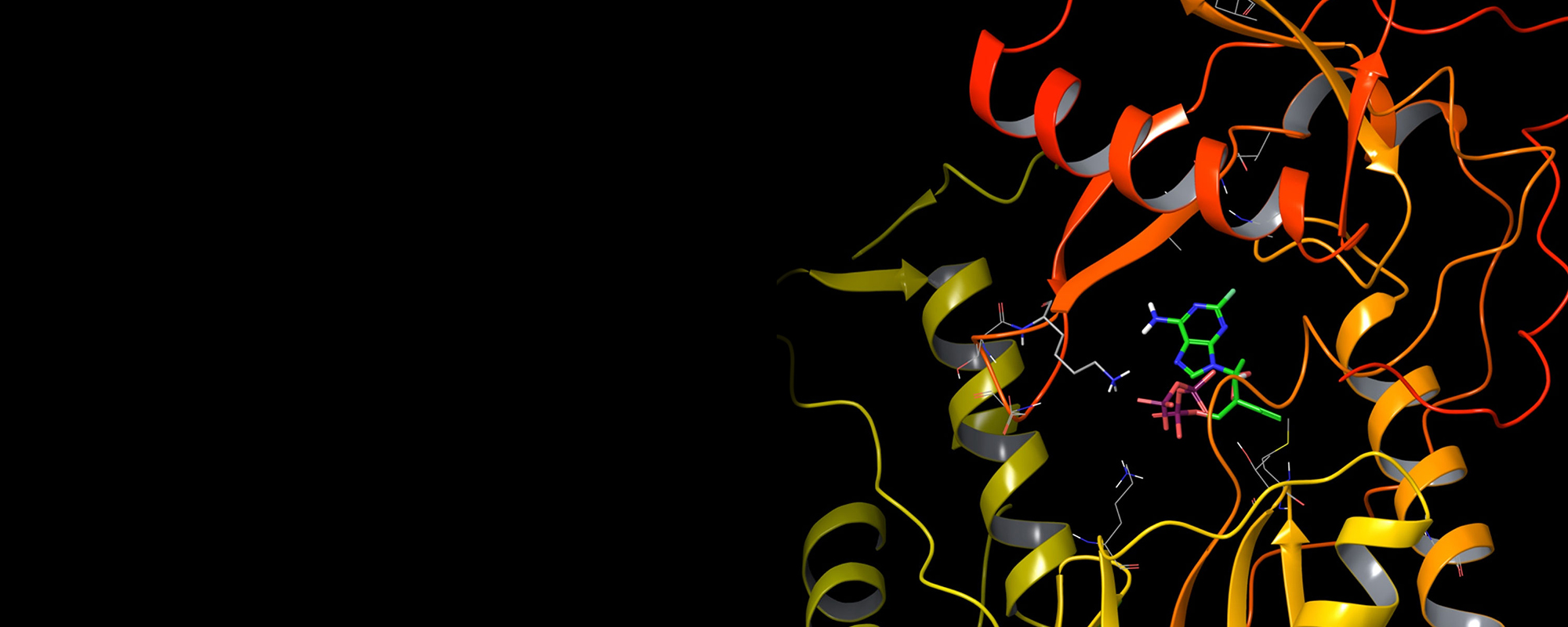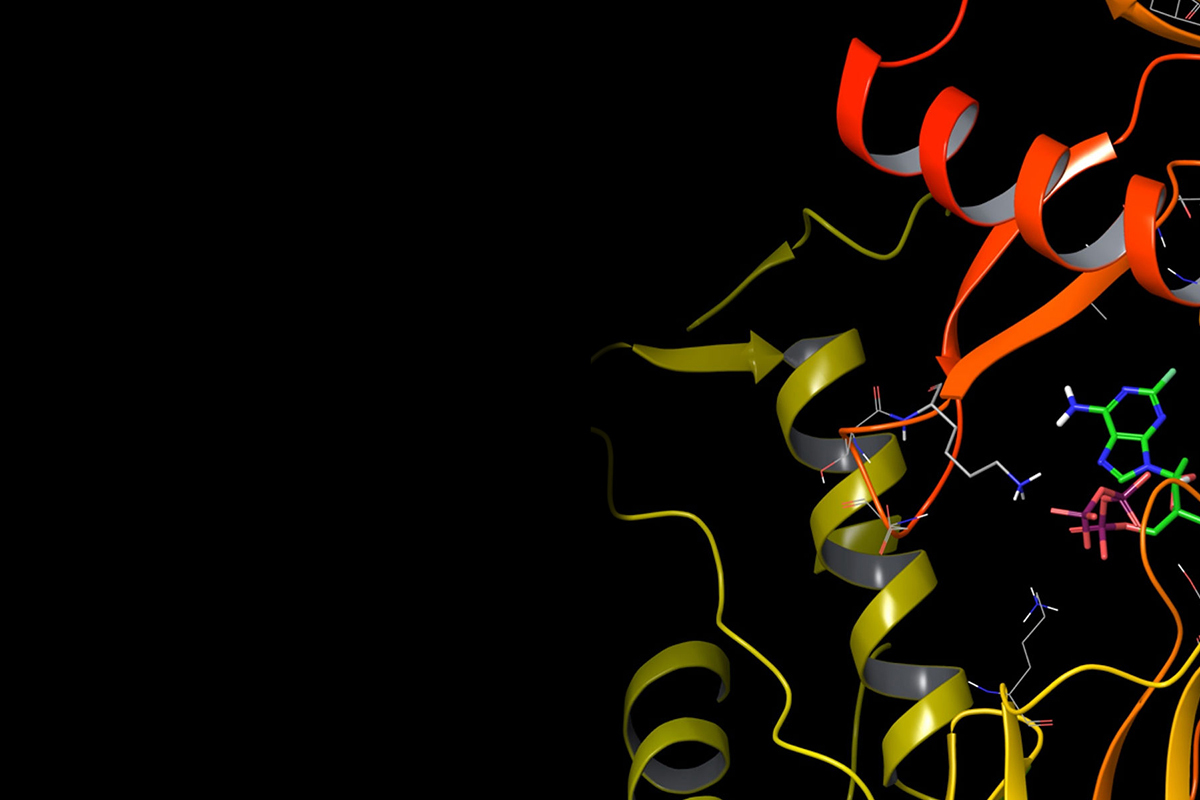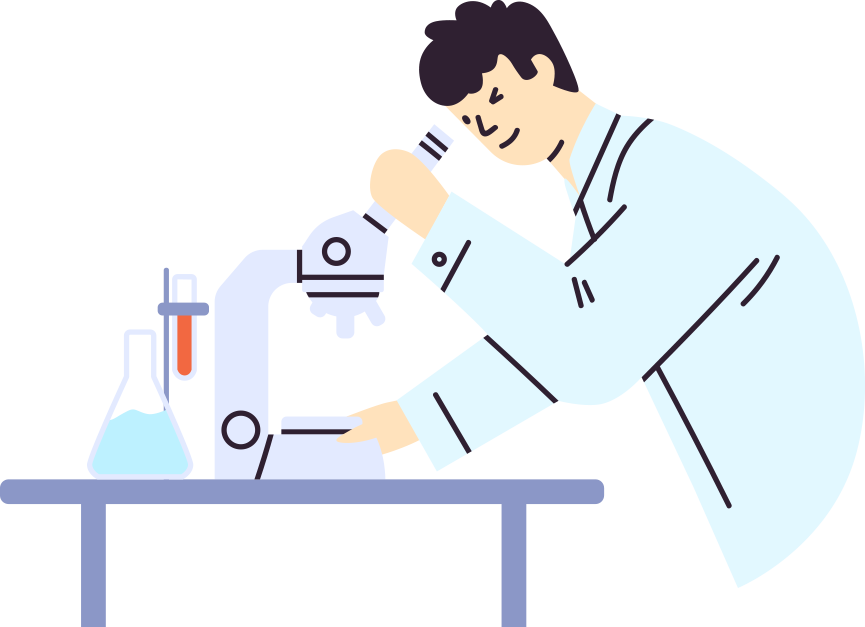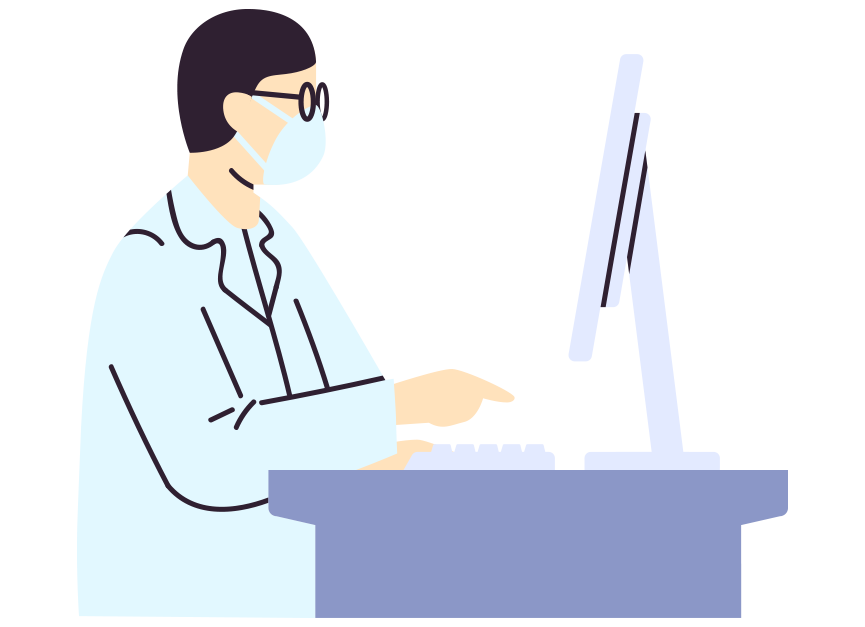PUBLICATIONS
DEVELOPMENT OF ANTIRVIRAL DRUGS
The history of the human immunodeficiency virus (HIV)/AIDS therapy, which spans over 30 years, is one of the most dramatic stories of science and medicine leading to the treatment of a disease. Since the advent of the first AIDS drug, AZT or zidovudine, a number of agents acting on different drug targets, such as HIV enzymes (e.g. reverse transcriptase, protease, and integrase) and host cell factors critical for HIV infection (e.g. CD4 and CCR5), have been added to our armamentarium to combat HIV/AIDS. The combination antiretroviral therapy (cART) using these anti-HIV drugs has been shown to potently suppress HIV-1 replication and successfully extend the life expectancy of HIV-1-infected individuals. However, we have encountered a number of problems in patients receiving cART, such as drug-related toxicities and HIV-1’s acquisition of resistance to existing antiretroviral regimens. Development of therapeutic agents for HBV (hepatitis B virus) and other viruses is also in progress. However, they also have problems in terms of activity and side effects. Hence, continuing efforts to develop newer antiviral agents is still essential.
PURSUING HIV CURE
The combination antiretroviral therapy (cART) has been shown to potently suppress HIV-1 replication and successfully extend the life expectancy of HIV-1-infected individuals. However, as one can recognize, it is thought that the combination therapy with existing antiretroviral agents does not eliminate/eradicate latently HIV-1-infected cells (HIV-1 reservoir), and now we should start new challenges to utilize various drugs that have different mechanisms of action in order to pursue the possibility to achieve cure of HIV-1 infection and AIDS.
THE COMBAT AGAINST COVID-19
It goes without saying that the mRNA vaccine has been the trump card for the COVID-19 pandemic, but there is still no prospect of a pandemic convergence, and multiple treatment options, including orally available small molecule drugs, are needed.
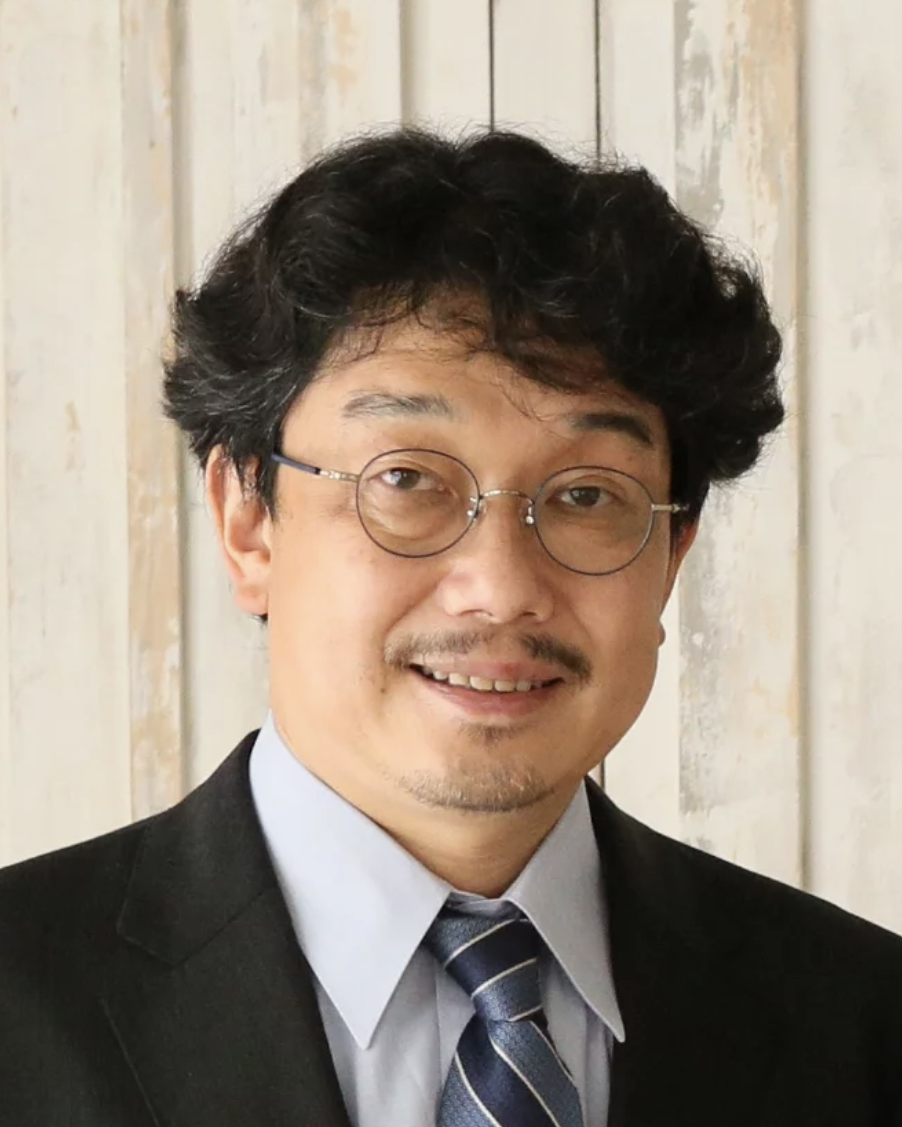
KENJI MAEDA, M.D., PH.D.
Professor, Division of Antiviral Therapy
Personal History:
1995 Kumamoto University School of Medicine, Japan (M.D.)
2003 Kumamoto University Graduate School of Medicine, Japan (Ph.D.)
2005-2015 National Cancer Institute, National Institutes of Health, USA
(Visiting Fellow & Staff Scientist)
2015-2022 National Center for Global Health and Medicine (NCGM), Japan
Chief, Experimental Retrovirology Section
Dept. of Refractory Viral Infection, Research Institute
2022- Kagoshima University, Japan
Professor, Division of Antiviral Therapy
Joint Research Center for Human Retrovirus Infection
